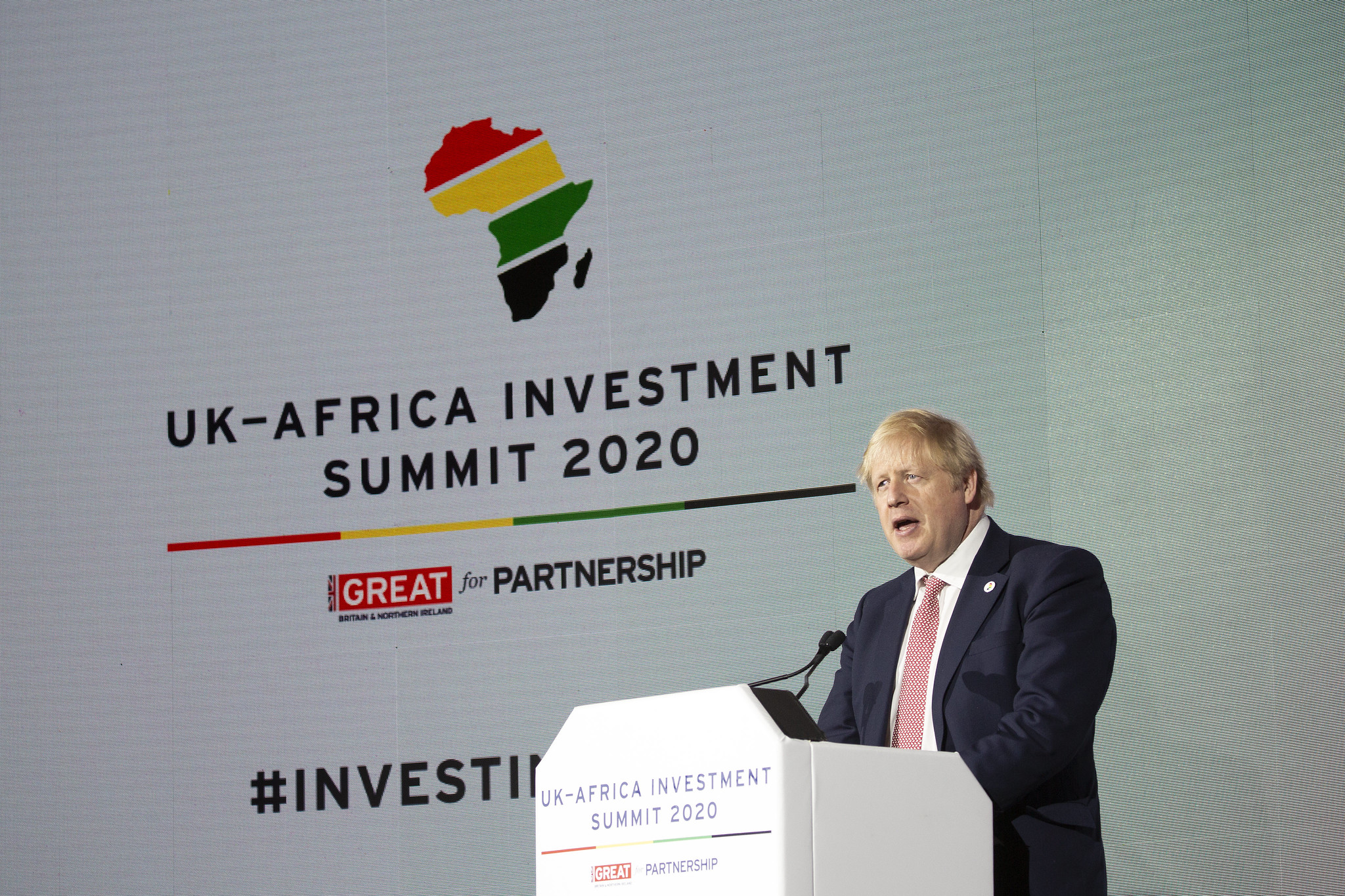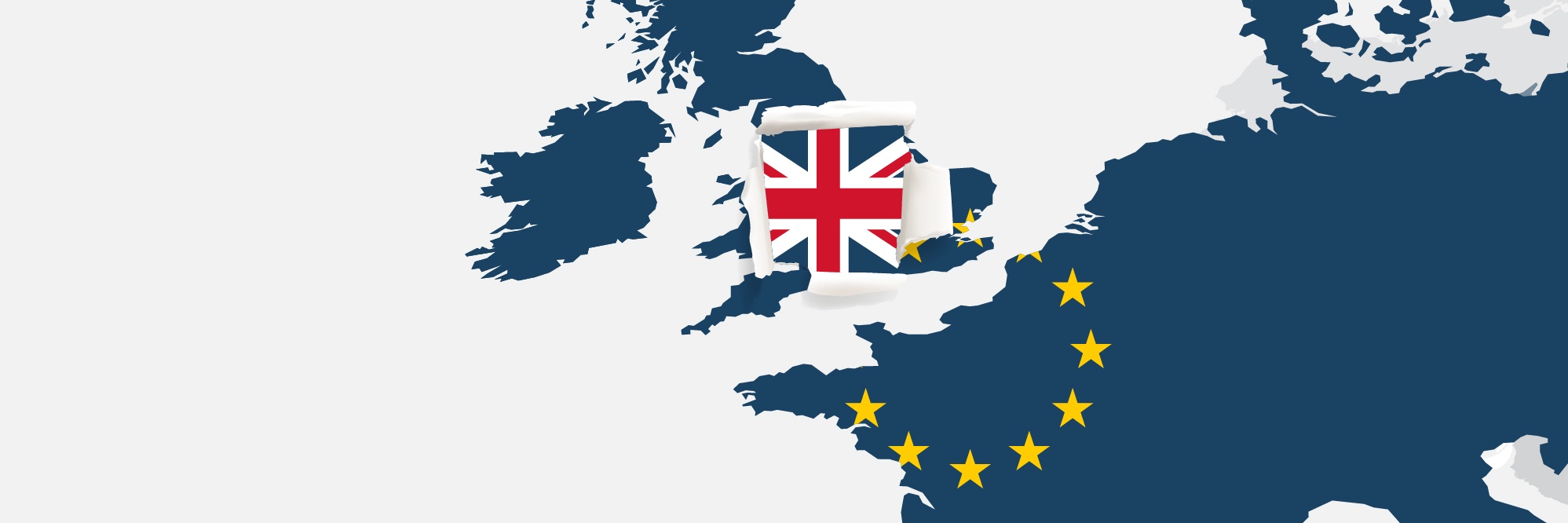As of February 2020, the UK entered a new phase of its Brexit journey, the 11-month transition period which will allow time for new UK-EU negotiations and, for Great Britain, a chance to settle into its new situation. This article provides the most recent updates on the Brexit process followed by an evaluation of what lies ahead for Great Britain in terms of its development agenda. It will review what the biggest challenges are for the UK’s post-Brexit NGO community, what the main focus will be of the UK’s long-term strategy for development and what challenges and opportunities exist for future UK-EU development collaboration.
Disregarding the development agenda during negotiations has taken its toll on the UK’s NGO community
The post-Brexit international development agenda was not a priority during the Brexit negotiations and strategy planning. In a House of Lords meeting with the Select Committee on the European Union, Simon Maxwell, the former director of the Overseas Development Institute (ODI), said that this disregard has left the UK’s NGO community in particular in an uncertain situation.
“The ones we should be worrying about are the small ones. The larger ones are mostly part of large international alliances – Oxfam International, SAVE International and so on – so they are able to access money through other offices but if you are a small NGO, you do not have that luxury,” said Maxwell.
The UK is the second largest recipient of EU aid in terms of both grants and service contracts with shortfalls following Brexit predicted to reach up to €356.9 million per year according to an analysis undertaken by Bond, a UK network for organizations working in international development. Under the Withdrawal Agreement negotiated with the EU, the UK CSOs will continue to be funded under the current 2014 to 2020 Multiannual Financial Framework (MFF) and are still able to apply for any new bids in the 11-month transition period, although it is yet to be decided what will happen after the 31st of December 2020.
A development strategy focusing on British interests and economic growth
Despite rumors of the closure of the Department for International Development (DFID) and its activities being returned to the Foreign Office, from which it was spun out in 1997, the most recent report is that the UK’s Prime Minister, Boris Johnson, has scrapped his plans to do so. The DFID is one of the world’s leading development agencies and is greatly admired in the industry, thus bringing considerable soft power to the UK, and it currently oversees the UK’s £14bn annual foreign aid budget.
However, a 2019 public opinion report found that, when asked about which aspects of foreign policy the UK should be spending the most money on, in the eyes of the respondents the international development area scored a low priority of 9% while trade was seen as a much higher priority, scoring 44%. Almost certainly, these numbers, together with the Conservative Party’s reluctance to spend resources on aid, have prompted rumors that the country’s aid spending will be cut. Nevertheless, the Conservative government has pledged to maintain the spending of 0.7% of its gross national income on development.
In 2013, the UK was the first G7 country to meet the target of 0.7% of economic output directed towards aid, a goal set by the United Nations and it is still, to this day, one of the few EU countries to have achieved this, a proud accomplishment which the country insists it will maintain after Brexit, albeit with a change of focus.
Overseas spending should be more in line with Britain’s political, commercial and diplomatic interests, Prime Minister Boris Johnson has previously said.
Similar statements have been made by both previous and current government officials. “Brexit will rather reinforce already existing changes driven by the Conservative government towards a greater emphasis on economic growth and British interests. The interconnection between foreign policy and international development policy will become increasingly important post-Brexit,” argue experts Simon Lightfoot, Emma Mawdsley and Balázs Szent-Iványi in a joint research paper.
Such tendencies have been demonstrated by the recent inauguration of the unprecedented UK-Africa Investment Summit which took place days before the UK formally exited the EU. “We want to help countries ultimately to become self-sustaining. That has to come through economic development,” said Alok Sharma, the International Development Secretary, in an attempt to emphasize the role that the private sector can and will play in the development sector. And, while the UK Government is optimistically eyeing Africa for private investments, experts warn of possible issues.

There are many investment opportunities, but there are many other aspects to British business overseas that are worth considering. Tax and how tax is managed should be on the agenda, as should business standards and ethics, issues to do with the regulatory framework for businesses, health standards, environmental standards and green economy standards, warned Mikaela Gavas, co-director of the Center for Global Development.
The other side of the coin involves how these new trading strategies will affect the developing world. Much of the UK’s new trade policy will depend on the outcome of the negotiations with the EU and this is the reason why there is tremendous uncertainty for developing countries which could involve negotiating bilateral deals with new tariffs outside of the current various EU agreements.
The EU and the UK: a balance struggle for optimal collaboration
The 11-month transition period has been agreed between the EU and the UK for decision-making regarding significant areas of their future relationship with much of this focusing on trade, migration and security. Any friction with regard to these issues could taint future collaboration on development and even foreign policy, says Mikaela Gavas. In such a case, both parties will have a great deal to lose in terms of each other’s ecosystem of development influence, expertise and resources. In particular, Gavas mentions the damage the UK will suffer regardless of any agreements which may be reached after the 11 month period has elapsed.
There are two areas where the added value of the EU really manifests itself: first, as a multiplier of UK influence and, secondly, as a channel for UK aid, says Gavas.
The EU has offered the UK an extensive geographical reach, being present in over 100 countries, far beyond the UK’s bilateral partnerships. Moreover, within this geographical realm, the EU has provided a vast range of networks, financial tools and agreements to direct the UK’s aid.
At the same meeting with the House of Lords Select Committee on the European Union, Simon Maxwell optimistically claimed that the EU and the UK have a shared vision on a range of subjects, such as the matters of fragile states and climate change. This similarity could, in the future, bring them to the same table of talks as equal partners. The UK will soon begin redirecting its £1.5 billion of what used to be a 10-12% share of the EU budget for development while the EU is planning its developmental Multi-annual Financial Framework for 2021-2027.
“The big one, certainly for the next year or two, will be climate change. The new DFID single departmental plan, published last June, has five objectives, one of which is environmental, and talks about the climate catastrophe. This is the alpha and omega of development policy for the future”, concluded Maxwell.
At the end of 2020, up to 30,000 delegates are expected to arrive in Glasgow for the COP26, the United Nations Conference on Climate Change. This follows the UK winning the bid to host the 26th conference, with the UK’s Foreign Secretary Dominic Raab commenting that this success was a “vote of confidence” from the UK’s international partners.
Development Aid will continue to keep its eye on the Brexit process and publish relevant updates for our community. If you wish to receive up to date reports and learn the latest news on Brexit and on the international development sector, you can Become one of our members and Subscribe to our newsletter.

